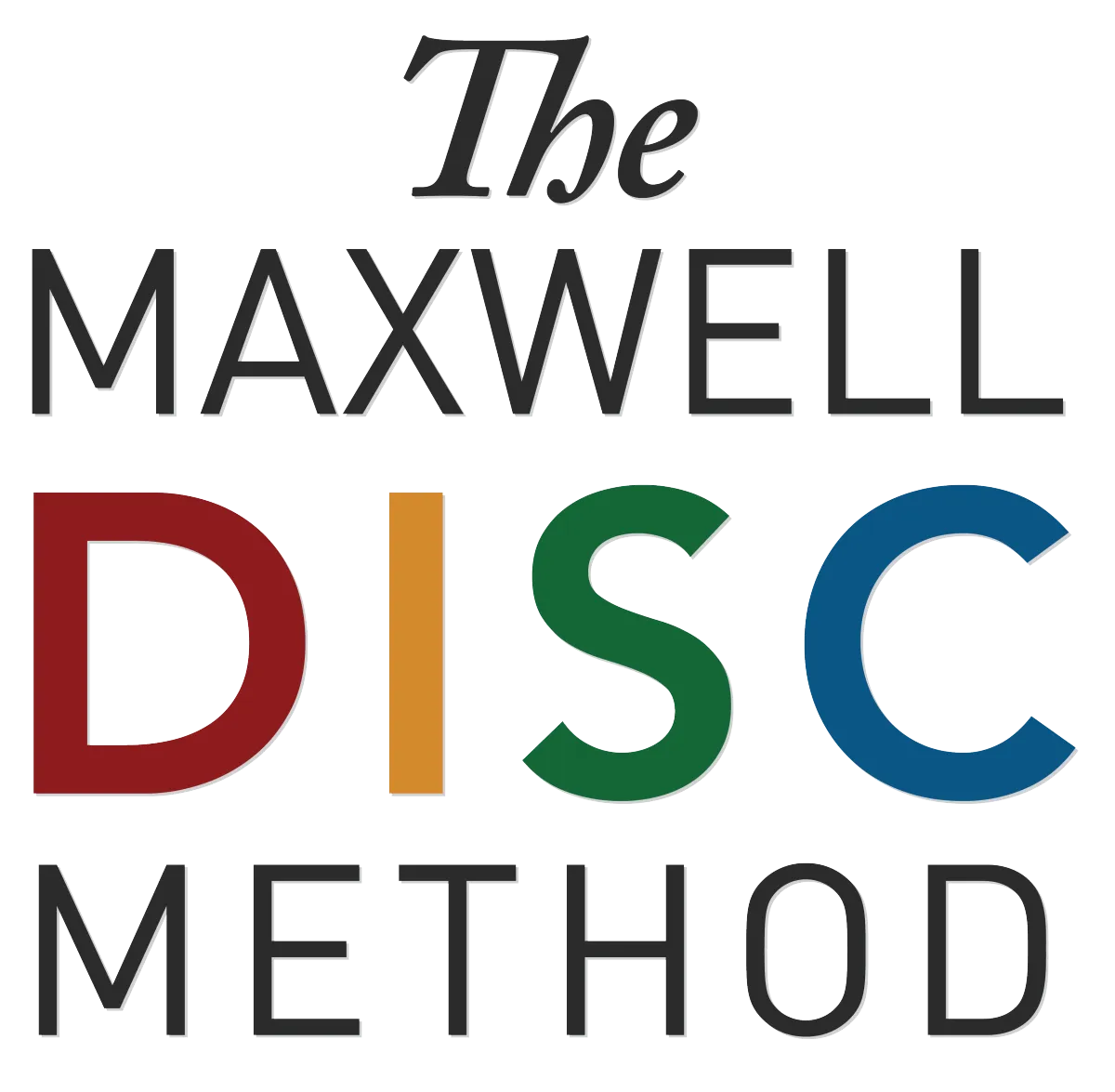BLOG ARTICLES

DISC in The Family Setting
"Some people don't communicate; they just keep talking!"
DISC In The Family Setting.

Ten reasons why DISC should be use in the family setting!👨👩👧👦
Using DISC in a family setting can be a valuable tool for improving communication and dynamics among family members. DISC provides insights into each person's communication style and behavior, which can help family members understand and relate to each other better. Here are some ways in which using DISC can contribute to family growth and improvement:
1. Enhanced Understanding: DISC assessments can help family members gain a deeper understanding of themselves and each other. When family members recognize their own and others' communication styles, it becomes easier to appreciate differences and similarities.
2. Improved Communication: Knowing each family member's communication preferences allows for more effective communication. For example, if one family member has a dominant (D) style and prefers direct and concise communication, while another has a steadiness (S) style and values a more patient and empathetic approach, this awareness can lead to more considerate and effective conversations.
3. Conflict Resolution: DISC can provide strategies for resolving conflicts within the family. By understanding the root causes of disagreements and learning how to adapt communication styles, family members can work through conflicts more constructively.
4. Building Trust: Understanding the personalities of family members helps in building trust. When family members can predict each other's reactions and behaviors more accurately, it fosters a sense of trust and security within the family.
5. Balanced Decision-Making: Different styles bring unique strengths to the table. Dominant (D) individuals may excel at making quick decisions, while Conscientious (C) individuals might provide thorough research and analysis. By combining these strengths, families can make more well-rounded decisions.
6. Effective Parenting: DISC can be especially helpful for parents in understanding their children's personalities and communication styles. This insight enables parents to tailor their parenting approach to better meet the needs of each child.
7. Supporting Individual Growth: DISC can help family members identify areas where they can improve and grow personally. For example, someone with a strong "C" style might recognize a tendency to be overly critical and work on being more empathetic.
8. Strengthening Bonds: The improved understanding and effective communication fostered by DISC can lead to stronger bonds within the family. Family members who feel heard and respected are more likely to feel connected and supported.
9. Conflict Prevention: By understanding potential sources of conflict based on communication styles, families can take proactive steps to prevent misunderstandings and disagreements.
10. Shared Language: DISC provides a shared language and framework for discussing communication styles, which can make family discussions about personal and sensitive topics more comfortable and productive.
It's important to note that DISC is just one tool among many that can help families improve communication and dynamics. While it can provide valuable insights, open and honest communication, active listening, and a commitment to working together are also essential components of building healthy family relationships. Additionally, seeking the guidance of a trained DIDC Consultant, family therapist, or counselor can be beneficial in addressing more complex family issues..
Other resources to help you get started with DISC.
Schedule a Strategy Session and DISCover how DISC will help your family!
© 2025 Alive and At Peace Coaching


Facebook
Instagram
LinkedIn
Youtube